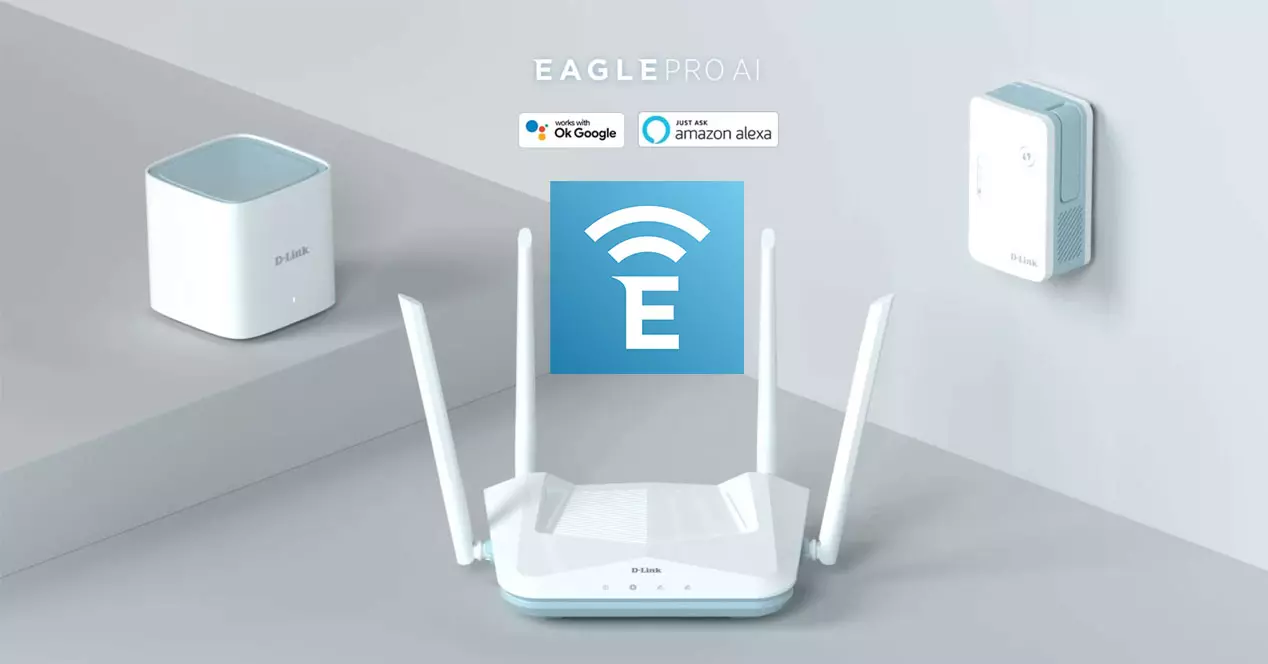
When we browse the Internet, there are two factors that are very important: the privacy and security. We always seek that our data is protected and that we do not have any type of problem when we enter a website, log in to social networks, etc. An option that is available in most browsers is the incognito mode or private mode. Now, does it really protect us? Let’s talk about their myths.
Incognito mode is not what it seems
Many users believe that the incognito mode of Chrome or Firefox is a way to browse safely, without personal data being stolen. However, keep in mind that it will not act as a barrier. Its function is basically to prevent the storage Navigation data in the browser itself. For example, to store cookies, to save searches, history, login credentials…
Does not prevent cyber attacks
The first thing to keep in mind is that incognito or private mode is not going to prevent computer security attacks. For example, being victims of a Phishing attack, which basically consists of entering a malicious link and logging in and giving personal data to an attacker.
As much as we go into this mode, security is not going to be protected. We are going to have to use the same recommendations as always: have a good antivirus, update everything and maintain common sense to avoid making mistakes that may affect us in the future.
They record browsing data
It is undoubtedly another of the most important myths. The fact of entering incognito mode in Chrome will not prevent them from being able to record navigation data. It will not act as if we are browsing from a VPN, where they will encrypt the connection, hide the IP address and the real location.
In this case, all this information will also be collected by the website that we are visiting. One thing is that our browser does not store cookies or visit history, and another is that those sites cannot really record any of our data. All of this will remain the same.
You can download malware
It is also important to know that we are going to be exposed to malware the same as if we navigate without private mode. Here there are no differences. We will also be able to click where we shouldn’t and download a malicious file that is installed on the computer and is a virus that can collect personal data or steal passwords.
To prevent this from happening we will have to implement other measures. For example, having security extensions that can alert us to possible insecure sites, always having a good antivirus and keeping everything updated to solve any vulnerability that may appear.
Searches are recorded
It is also common to think that searches made in incognito mode are not recorded. It is true that they will not appear in the browser at the system level. However, those searches can be recorded by those responsible for the websites we visit, the Internet provider or even the administrator of a network to which we connect.
Therefore, the searches are actually recorded even if there is no record at the local level, on the computer or mobile that we use to enter Google or in the search engine that we are using. There is no real privacy and browsing data hiding like there might be when using other services like Tor or a VPN.



